19, March 2020
Southern Cameroons deepening aid crisis: “They don’t want external eyes there to see what is happening” 0
Humanitarian organisations are struggling to keep pace with the increasing needs of civilians as conflict between the government and pro-independence groups escalates in Cameroon’s anglophone regions.
Limited access to those driven from their homes, low levels of donor funding, and what aid workers have described as government “obstruction” means the majority of the 1.3 million people affected by the violence cannot be reached.
Since November 2019, there has been a surge in violence in the Northwest and Southwest regions – referred to collectively by pro-independence fighters as the Southern Cameroons or the Republic of Ambazonia.
Growing humanitarian needs
Nearly 900,000 people have been made homeless, and an additional 60,000 have fled into neighbouring Nigeria. The four-year conflict, triggered by the perceived marginalisation of the region from majority French-speaking Cameroon, has left at least 3,000 dead.
Needs include food, shelter, and psychosocial support as the government forces and pro-independence fighters routinely torch homes and, increasingly, entire villages, forcing people into the bush.

Residents of Bali waited for shelter kits from the UN after their homes were torched.
Over 600,000 children have been unable to regularly attend school following an education boycott ordered by the separatists to protest the creeping use of French in class and attacks on schools, teachers, and students to enforce the ban. As a result, just 19 percent of primary and secondary schools remain open in the conflict region.
The UN’s children’s agency, UNICEF, estimates that only 34 percent of health facilities are operating, causing a dip in life-saving immunisation and nutrition services.
Despite the humanitarian needs, the UN and its local partners were able to reach only 40 percent of affected civilians in 2019, Mobido Traore, head of the UN’s aid coordination body, OCHA, told The New Humanitarian.
Deepening insecurity
The insecurity, particularly in the Northwest – the centre of much of the violence – has had a significant impact on humanitarian operations.
In January, seven aid workers from two local NGOs – COMINSUD and the Martin Luther King Jr. Memorial Foundation – were kidnapped by pro-independence fighters. Although all staff were later released, the abductions resulted in several organisations restricting their area of operations.
Government security forces have also failed to respect humanitarian space. On 21 February, soldiers entered the St. Mary Soledad Hospital campus, a health facility supported by the medical charity Médecins Sans Frontières in the town of Bamenda, and shot and killed a civilian driver in his vehicle.
Stray bullets also hit an ambulance call centre, endangering the lives of patients and hospital staff, MSF said in a statement provided to TNH.
Aid agencies have increasingly relied on community and religious leaders to draw displaced civilians from their hiding places in the bush and to assemble them in “safe zones”, such as religious centres and former schools, where they can receive assistance.
But the military has raided “safe zones” and killed and arrested the displaced, and those who assisted in organising the aid distributions, according to internal incident reports by local aid NGOs seen by TNH, press statements, and interviews with several eyewitnesses and victims.
Government clamp down
The government has also clamped down more systematically on humanitarian access, imposing increasingly restrictive tracking and vetting procedures, aid workers say.
In June, it established Humanitarian Coordinating Centres in Bamenda and Buea – the capitals of the Northwest and Southwest regions – to assess incoming aid, provide guidance on distribution, and ensure traceability, government officials told local news media at the time.
All local and international aid organisations – including the UN – are required to apply to the coordinating centres for permission to carry out needs assessments and aid deliveries. Food and non-food aid must be hand inspected at the centres before delivery to beneficiaries.
“The process for vetting humanitarian assistance in Bamenda and Buea has been in place just to place more burden on humanitarian actors,” Traore said.
Local aid workers who asked to remain anonymous over safety concerns described the time-consuming procedures as a “crackdown on humanitarian organisations”.
Last week, the government moved the vetting process from the coordinating centres to the governor’s office in Bamenda.
It’s a step that not only politicises aid work, but will result in a “significant delay in aid reaching beneficiaries,” Traore said.
The governor’s office did not respond to requests from TNH to comment on the most recent developments.
Aid agencies accused of ‘collusion’
Government officials have also renewed their accusations that human rights and aid groups are colluding with the pro-independence groups, supplying them with weapons, and spreading false information that implicate the security forces in atrocities.
“Many NGOs have clearly revealed themselves as enemies of our country.”
In a televised press conference, the head of Cameroon’s Ministry of Territorial Administration (MINAT), Paul Atanga Nji, charged Human Rights Watch, Amnesty International, the think tank International Crisis Group, and OCHA – among other organisations – of working to “destabilise state institutions”.
“Many NGOs have clearly revealed themselves as enemies of our country,” Nji said. They have “become laboratories of fake reports with the sole objective to tarnish the image of the country’s defence and security forces.”
The government was particularly incensed by the reports of a massacre in the village of Ngarbuh on 14 February, in which the security forces and allied militia were accused of killing at least 21 civilians. The UN demanded an impartial inquiry into the incident.
Rights groups and aid organisations have all denied Nji’s accusations.
“The statement is just a new chapter of the government smear campaign against [Human Rights Watch], other human rights organisations, human rights activists, and journalists,” Lewis Mudge, Central Africa Director for HRW, told TNH.
“The government is trying to jeopardise our work and tarnish our image,” Traore said. “They don’t want external eyes there to see what is happening.”
Funding woes
A persistent lack of funding has also hamstrung the humanitarian response. Donors have provided just over 40 percent of Cameroon’s aid appeal, but in the Northwest and Southwest regions, the figure is far lower – just 18 percent of the budget has been financed.
As a consequence, the UN has only “limited capacity to respond timely to increasing needs,” said Traore.
A high staff turnover also means the UN has struggled to build trust with communities and representatives of both sides of the conflict, noted an OCHA official, who asked to remain anonymous.
Another UN staff member was more critical. “This situation is unique because [this UN operation] is not very functional”, the person said, referring to the UN’s inability to provide assistance to the majority of those in need. “The UN’s reputation is plummeting. There is a failure to deliver.”
As the conflict widens in 2020, the UN predicts its funding needs will rise. Local and international aid groups are working to build capacity, especially in the troubled Northwest region, but it is an uphill struggle, they say.
“It is not a good situation,” one local aid worker told TNH. “It is not looking good for us.”
Culled from The New Humanitarian
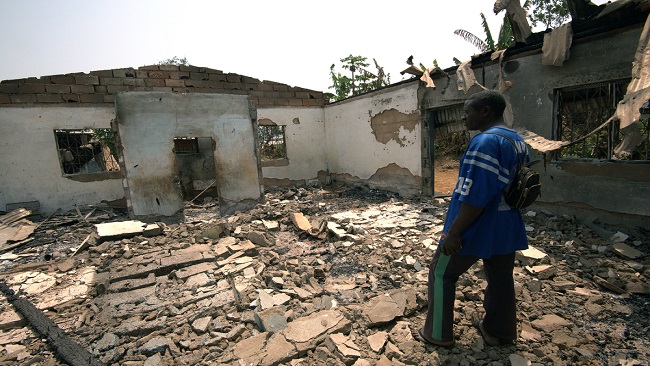
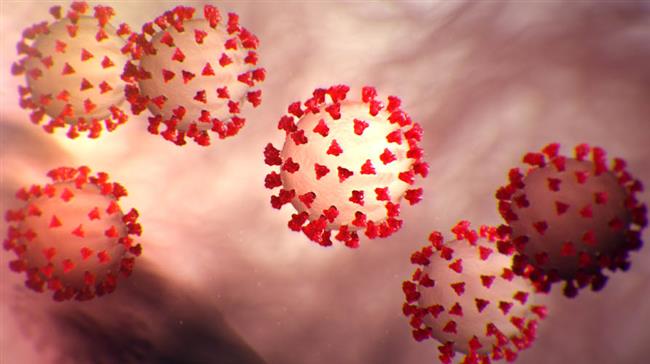
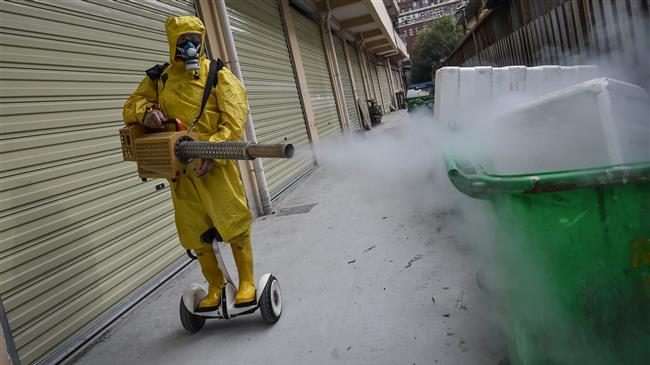
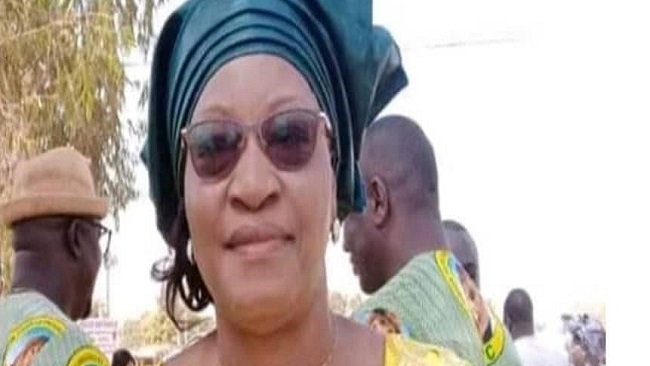


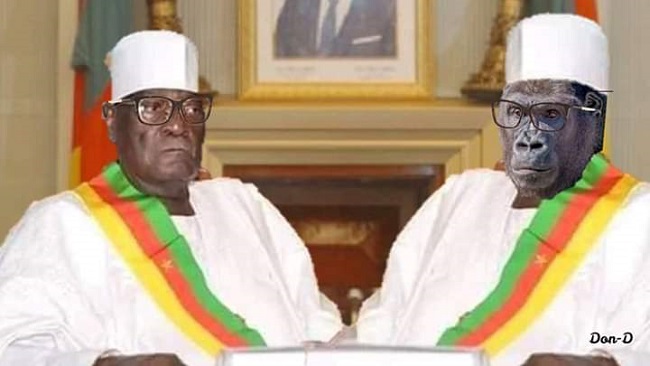

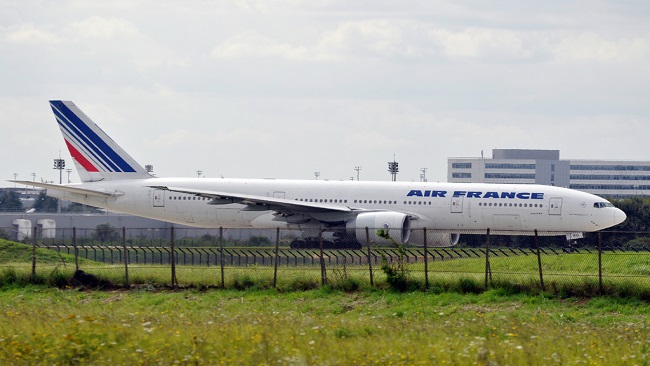

















19, March 2020
Southern Cameroons Crisis: A war criminal Biya might be, but his regime’s propaganda campaign has basically worked 0
For French Cameroun barons of the ruling CPDM party, it helps if the Biya regime propaganda is not only delivered by the government spokesman and Minister of Communication but independent analysts, media practitioners, academics, and politicians.
From the very beginning of the Southern Cameroons war, the Biya Francophone regime, assisted by French diplomatic and business interest, has run a very elaborate media battle to portray itself as the victim of an international conspiracy, wherein its only opponents are Boko Haram terrorists from Nigeria and Southern Cameroons separatists who are being used by the Anglophone Cameroon diaspora in Europe, South Africa and United States to destabilize the country.
The most important part of this Biya regime strategic messaging supported by the French government of President Emmanuel Macron is aimed at Europe and the US that are habouring both the Southern Cameroons powerful diaspora and the French Cameroun’s Brigade Anti- Sardinards. They want the USA and Europe to continue to see Biya as the only alternative to stability in the CEMAC region. They constantly say that the West should support the 87 year old.
A war criminal Biya might be, but the ruling CPDM propaganda is telling the world that Biya will continue to protect all Cameroonian minorities – his role in endangering British Southern Cameroonians by starting a sectarian war against the English speaking people and his economic war against the Bamilekes notwithstanding – and that Biya has no immediate plans to turn to China.
For the Francophone dictator and barons of his ruling CPDM crime syndicate, it helps if this propaganda is not only delivered by the Cameroon government spokesman and other cabinet ministers but independent analysts, journalists, academics, and politicians.
Recently, the Minister of Territorial Administration, Paul Atanga Nji threatened to expel NGOs and media organizations that are reporting to the world the exact situation in Southern Cameroons. The Interior Minister launched a scathing attack on Equinox TV that has so far provided the most balanced and fair coverage of the Cameroon political story accusing the management of haven received 5 billion FCFA from donors abroad.
Correspondingly, the Yaoundé regime’s favourite media houses include Vision 4 TV owned by acolytes of the regime and which specializes in mixing together conspiracy theories, half-truths and outright lies.
The propaganda machinery has successfully put aside the firm position that was adopted earlier by the US ambassador to Cameroon, Peter Henry Barlerin that President Biya should think about his legacy and step aside.
The international community is yet to draw any red line around the killings currently going on in Southern Cameroons and now with the outbreak of the coronavirus, the United States government has no intention of enforcing regime change in Yaounde.
The Biya regime’s propaganda campaign has basically worked as the US Assistant Secretary of State Tibor Peter Nagy Jr. is now expressing misgivings about the Southern Cameroons revolution and Biya’s continued stay in power despite President Trump’s determined efforts to reduce US military and economic support for the corrupt government in Yaounde.
By ignoring the Cameroon government army atrocities in Southern Cameroons and only finding areas of common interest – such as fighting Boko Haram in the Far North of French Cameroun and encouraging democracy (even if such common interests are illusory) – the US State Department is slowly but surely turning its back against the Ambazonian people.
Consequently, the Southern Cameroons Interim Government should and must step up its game and proceed in taking the battle inside French Cameroun.
By Soter Tarh Agbaw-Ebai